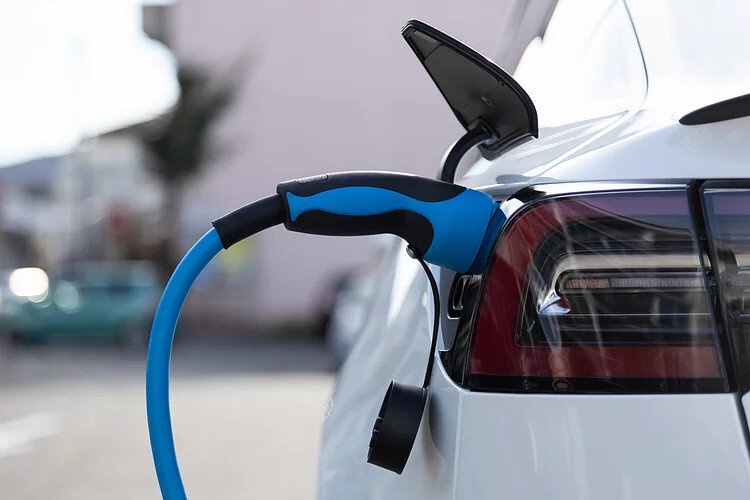OPINION: We should hold back on electric vehicles, for now

I am most certain that you have read a million and one articles on this topic, which might now be tedious to think about, but after spending two weeks or so in electric vehicles, I have quite a lot to say about them.
The concept is absolutely incredible, I mean, I never thought I would see such technology in my lifetime. I took the Mercedes Benz EQA 250 on test, and if I recall correctly this is my second EV. My first experience was with the Mini SE which threw me off, and I did not like it much. I thought I would suffer the same fate with this one, but surprisingly, I did not. The claimed range here is 429km, I capped it at about 400km, and charged literally once during the week I had it. Now, a frustrating part was trying to use the ultra-fast charger at Mall of Africa, but the vehicle rejected it, or vice versa. Luckily, I had enough range to still roam around. Another thing I picked up is that the air-conditioning affects the range, in the scorching Pretoria heat, I was not going to drive in a furnace. If this is the case for all electric vehicles, I think those living in South Africa might have an issue during summer.

The education on them is almost non-existent, I mean there are people on my TikTok who had no idea that these cars existed, let alone are here retailing on our shores. Manufacturers seemingly rolled these cars out and made third parties responsible for the charging infrastructure and education, which was not the best move. the introduction of these cars should have been gradual – with brands also investing in charging points, finding cost effective ways to go off-grid and making consumers aware of this new era of mobility. Cost of charging and ownership should have also been a priority, even to those who are well versed with this phenomenon.
Now, one thing we should note is that chargers are mainly found in affluent areas, where most consumers of a certain living standard can access them. I live in the north of Pretoria, close to the BMW Rosslyn plant, so I have to drive all the way there or to Montana (another affluent area in that side) to access a charger, and that is about 20km or so from home. Notwithstanding how concealed the chargers are, most are in malls or dealerships. If this is the route we are taking in terms of mobility, will a) chargers be more accessible, and b) will the vehicles be affordable? Lastly, majority of South Africans are from disenfranchised racial groups who glaringly cannot afford much right now, so is this move a way to further affect previously disadvantaged people? I mean, a lot of black people come from far and wide, during the holiday season when it is time to travel long distance, will these cars make it? One has to plan extensively with regards to stopping points and charging – which adds to the travel time.
It would be daft of us to assume that completely eradicating combustion engines is the way to go, there are many other factors to consider, the state of the economy and how that affects new vehicle prices, as well. Charging at home using the conventional three-point plug takes forever – about 8+ hours and well, we also are susceptible to load shedding. What is nice is that public chargers are on an independent power supply, but some do rely on Eskom, so one has to plan their routes, get an app to check which one is functional, it is a tedious task. Let’s compare this to pouring fuel – your car is on 20km of range, the light is on, you can easily find a petrol station, that is a given. It would be nice to have the chargers at fuel stations, actually, just to add on to the ease of access to the points as I have mentioned earlier.

So, the pressing question is, are EV’s viable at this current juncture? I say let us wait it out until the infrastructure and placements have been optimized. In addition, load shedding is a major issue, and as much as people can tell us to work around it and plan our charges, that is not a foolproof plan. Power outages where I am from are a thing we experience, load shedding can hit and trip the whole grid, now we are without power for a day or two. What then? For now, I think the best way to go is hybrids. You get a lot of range and are still able to fill up as you would a regular combustion vehicle. I am currently checking out BMW’s i-X3 so I will tell you all about it. For now, I’ll leave you with this: do not completely write off electric cars, there is a lot of convenience and good attached to them.

